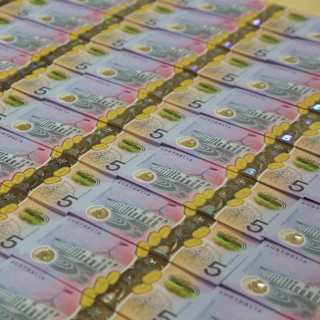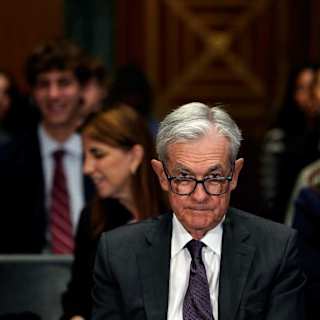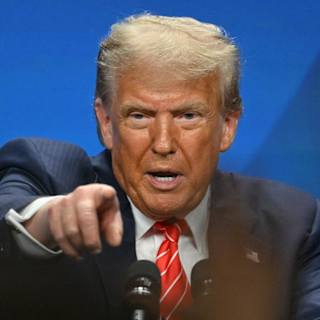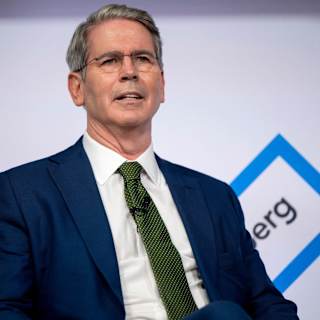- Fed Division Emerges
- Economic Backdrop
Federal Reserve Governor Michelle Bowman on Monday threw her support behind a potential interest rate cut as early as July, becoming the second central bank official in recent days to advocate for near-term monetary easing despite ongoing uncertainty about inflation pressures from trade policies.
Speaking in Prague, Bowman said she would back lowering the federal funds rate at the Fed's next meeting if inflation continues to moderate, marking a shift from her previous hawkish stance and adding momentum to a growing divide within the central bank about the timing of rate cuts.
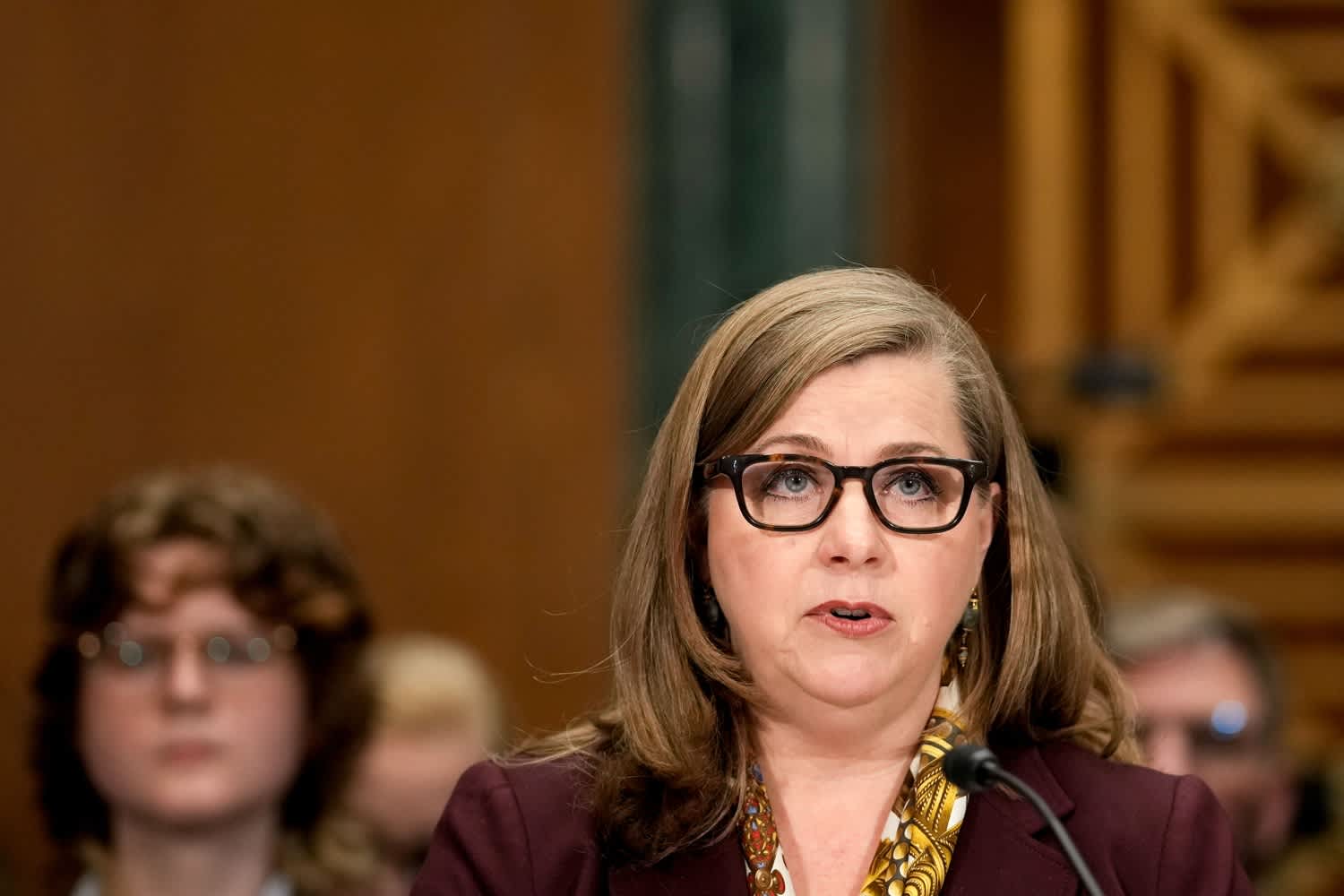
"Should inflation pressures remain contained, I would support lowering the policy rate as soon as our next meeting in order to bring it closer to its neutral setting and to sustain a healthy labor market," Bowman said in prepared remarks12.
Her comments echo those of fellow Fed Governor Christopher Waller, who told CNBC on Friday that the central bank could consider cutting rates in July23. "I think we're in a position that we could do this as early as July," Waller said3.
The synchronized messaging from the two governors contrasts sharply with Fed Chair Jerome Powell's more cautious approach. Powell indicated last week that the Fed should maintain current rates while evaluating the effects of President Trump's tariffs, which have begun to impact goods prices4.
The division within the Fed was evident in the central bank's latest "dot plot," which showed eight officials predicting two cuts by year-end while seven forecasted no cuts at all4.
The Federal Reserve has kept its benchmark rate steady at 4.25% to 4.5% for four consecutive meetings as officials navigate competing pressures from moderating inflation and potential economic headwinds from trade policies12.
Inflation has shown signs of cooling, with the annual rate easing to 2.3% in April, the lowest since February 20213. However, economists warn that Trump's tariffs could reignite price pressures later this year.
Bowman expressed optimism that tariff impacts would prove temporary and limited. "I think it is likely that the impact of tariffs on inflation may take longer, be more delayed, and have a smaller effect than initially expected, especially because many firms front-loaded their stocks of inventories," she said4.
The Fed's next policy meeting is scheduled for July 29-30. Financial markets currently assign just a 23% probability to a rate cut at that meeting, according to CME Group's FedWatch tool5.
Richmond Fed President Tom Barkin told Reuters he remains cautious about endorsing rate cuts, citing concerns that tariffs could elevate inflation and pointing to resilient labor market data6.
